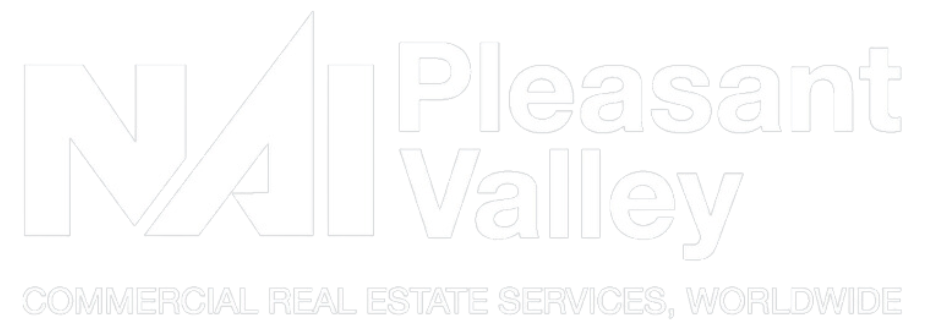(CRE)conomics: The Economics of Commercial Real Estate
Lease Vs. Own – What is Right for You?

In my last post, we discussed the most important factors to consider when leasing space in an office building, specifically a downtown office building. This week, we will take a step backward to review what leads a business owner to the decision to lease or purchase. When considering a change, many owners will need to contemplate the following – does it make more sense to purchase or to lease my business’ future home? To make an informed decision that best serves your objectives, consider the following:
- Flexibility and Growth Potential
Leasing offers greater flexibility for businesses that anticipate changes in size or location in the short term. Startups or rapidly growing businesses may initially prefer to lease in order to accommodate future expansion without the commitment of owning a property.
- Capital Preservation
Leasing requires less upfront capital compared to purchasing a property. This allows businesses to preserve capital for other essential operations such as inventory, marketing, or hiring employees.
- Fixed Costs and Budgeting
Leasing provides predictable monthly expenses since lease agreements outline the rent and any additional costs. This stability aids in budgeting and financial planning for businesses, especially those in volatile industries.
- Maintenance and Repairs
One of the greatest advantages of leasing is that the responsibility for property maintenance and repairs typically falls on the landlord. This relieves tenants from unexpected expenses and the hassle of managing a property, making it attractive for businesses with limited resources or experience in property maintenance.
- Location and Market Dynamics
Leasing allows businesses to access prime locations that may be financially unattainable for purchasing. This is particularly advantageous for retail or service-oriented businesses that rely on foot traffic and visibility.
- Tax Considerations
Owning a property offers potential tax advantages, such as deducting mortgage interest and property taxes. However, leasing may provide tax benefits in the form of deductible lease payments and the ability to avoid property tax liabilities.
- Investment Diversification
For some businesses, especially those with surplus capital or seeking diversification, purchasing commercial real estate can serve as a long-term investment strategy. Building equity in an appreciating asset can provide a source of wealth accumulation.
- Business Strategy and Long-Term Goals
The decision to lease or buy should align with your business’s objectives and long-term vision. Factors such as industry stability, market conditions, and growth projections play a critical role in determining what the most suitable option is when acquiring commercial space.
Ultimately, the decision to lease or purchase your will depend on an array of factors, including your business sector, financial resources, prospective growth and strategic priorities. Understanding how this decision impacts your employees and your future business is imperative in achieving future goals.
Is your business facing an upcoming decision to relocate? Contact me at 440-708-8578 or noah.broadbent@naipvc.com.
